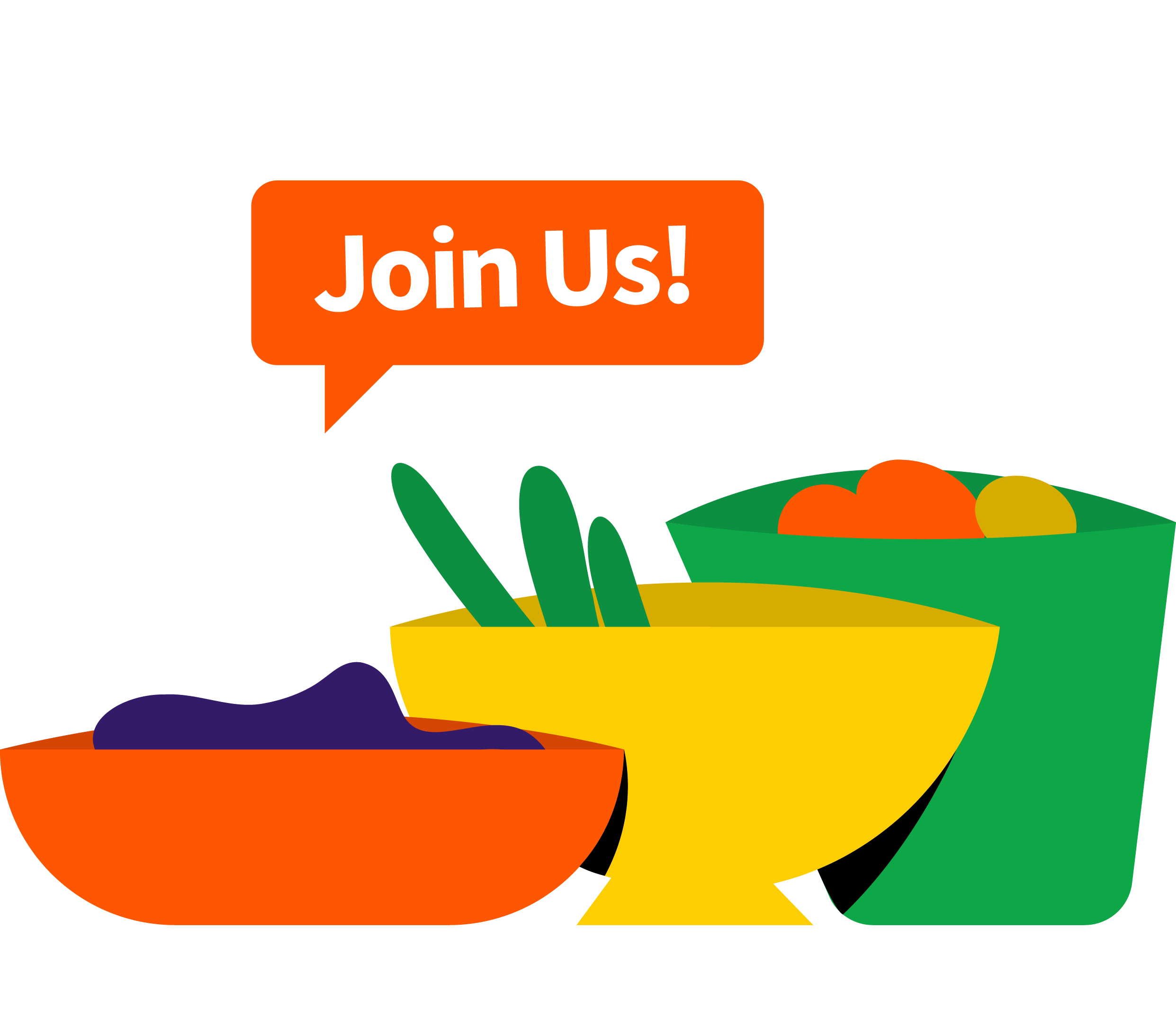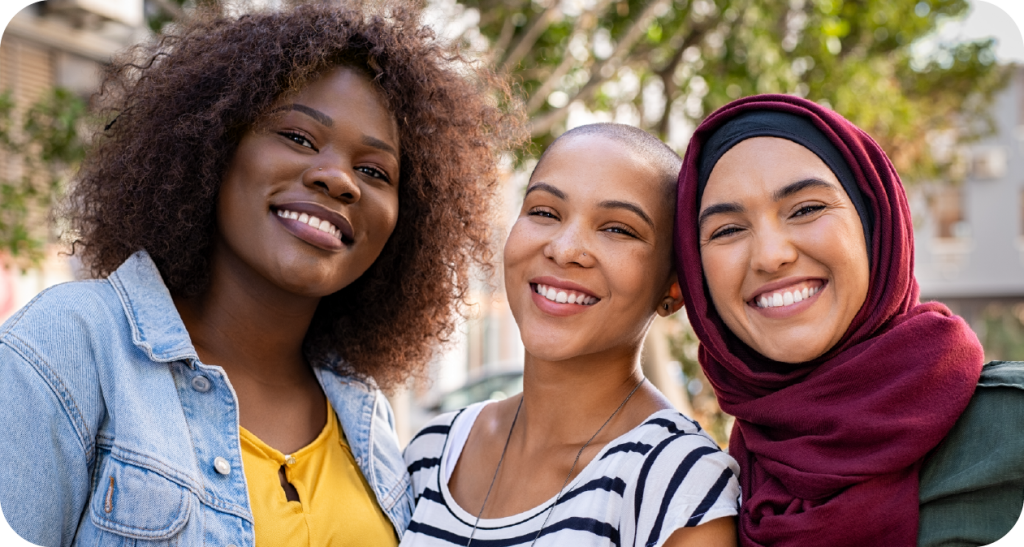


Educators
Classroom teachers and school administrators.
Group leaders & mentors
Afterschool programs and groups, faith-based organizations, scouting, clubs, etc.
Independent learners
Individual youth participants.
Online Access, 4 Learning Modules,
Live Virtual Events, Age 13 – 19,
English, Arabic, American Sign Languag
Teachers, Educators, & Leaders
Create an account and invite students or youth participants.
Students
If your teacher or group facilitator gave you a code.
Independent Learners
Take a course on your own.
Copyright . 2025 Global Nomads Group. All Rights Reserved.